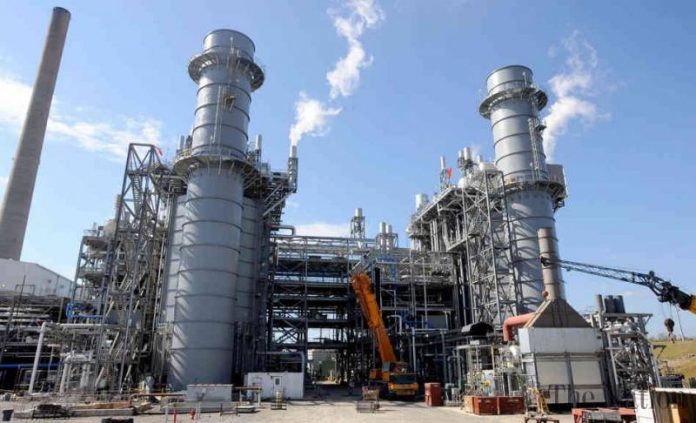ISLAMABAD: The Ministry of Petroleum has begun preliminary efforts to reduce hefty taxes and port charges imposed on imported liquefied natural gas (LNG) in an attempt to make electricity more affordable.
Currently, imported LNG, which costs $11 per million British thermal units (mmbtu) internationally, ends up being priced at $15 per mmbtu after taxes and port fees are applied in Pakistan.
The breakdown reveals that approximately $4 in taxes and charges are added to each mmbtu of imported LNG, significantly raising the cost for consumers.
The Ministry of Petroleum, in collaboration with the Ministry of Shipping and Ports, is exploring reductions in port charges, which are reportedly among the highest in the region for LNG.
Officials believe that lowering these charges could drastically decrease the price of imported LNG. If port charges are reduced, the cost per mmbtu could drop, potentially bringing LNG prices down to Rs2,800, compared to the current Rs3,600.
A ministry source highlighted that the ongoing disparity between the price of imported and locally produced gas is a key factor driving the need for reform.
At present, local gas is priced at Rs1,200 per unit, while the average cost of gas under the new pricing formula could be around Rs1,800.
By addressing these charges and taxes, officials anticipate that cheaper gas prices will also lead to more affordable electricity, alleviating one of the major concerns raised by provinces regarding tariff discrepancies.
A ministry official said that if the proposal goes through, it could provide significant relief to both the industrial and domestic sectors across the country.
Sources confirmed that efforts are still in the early stages, but a reduction in taxes and port charges could pave the way for a more competitive energy market, boosting affordability for the average consumer.




